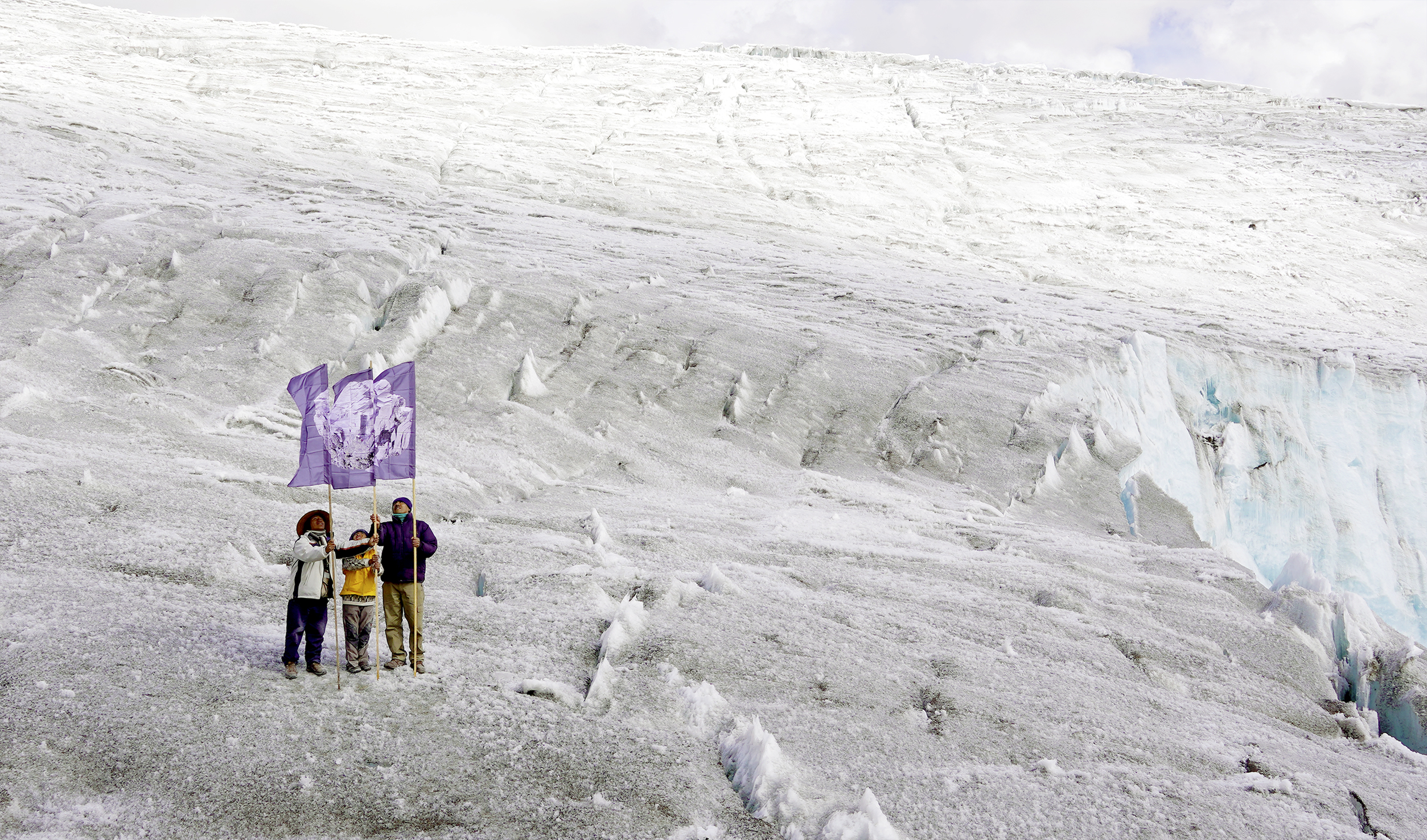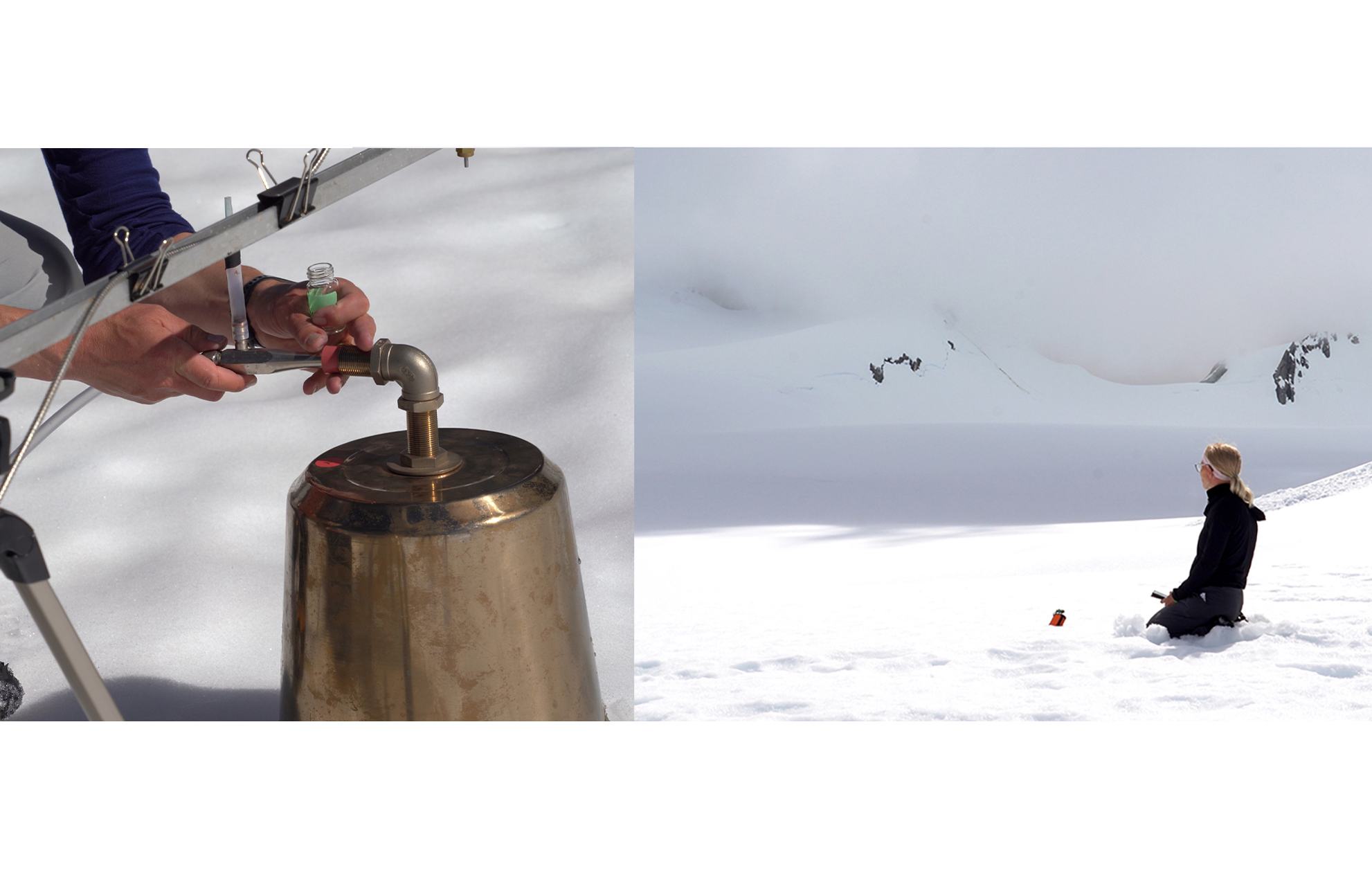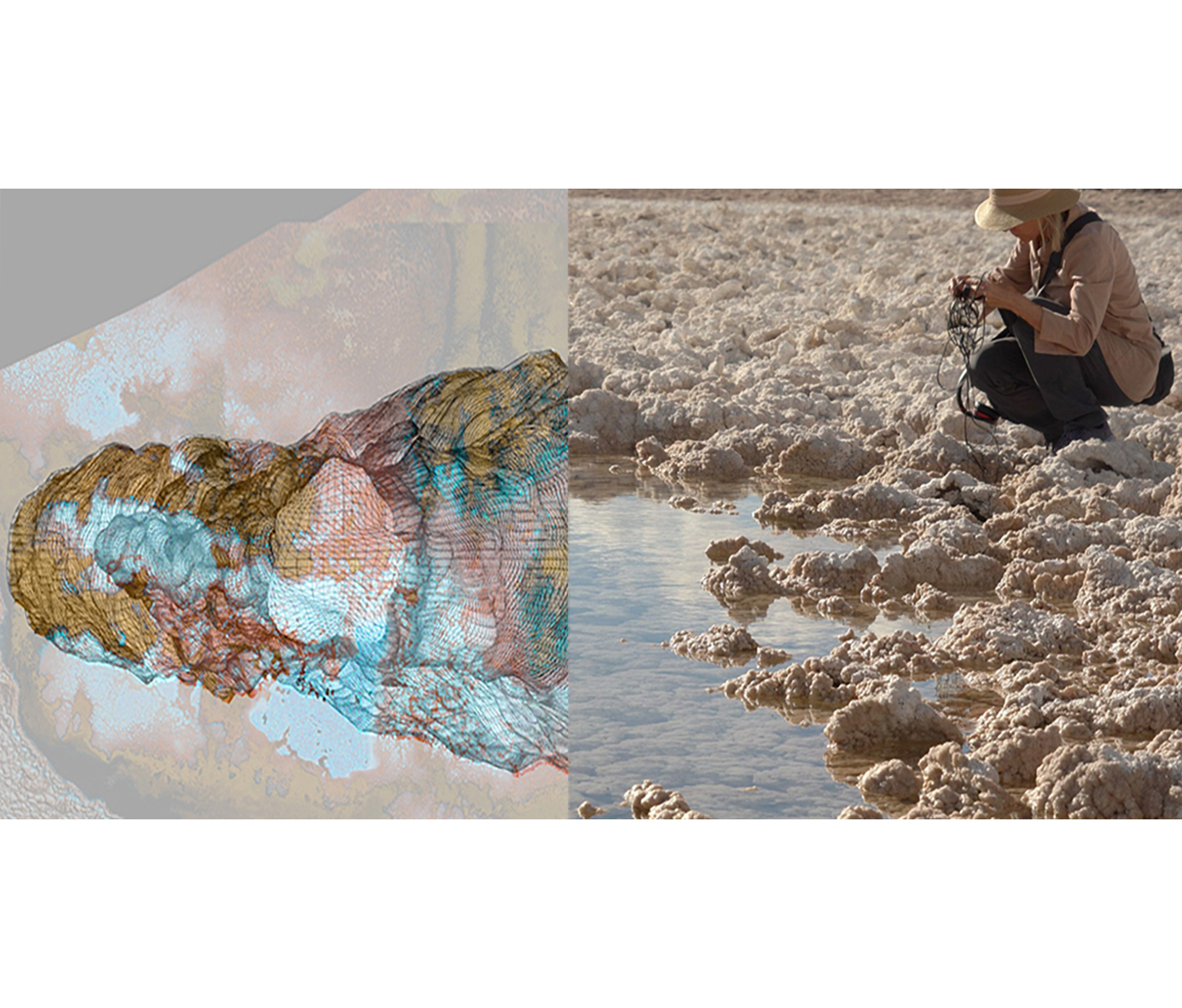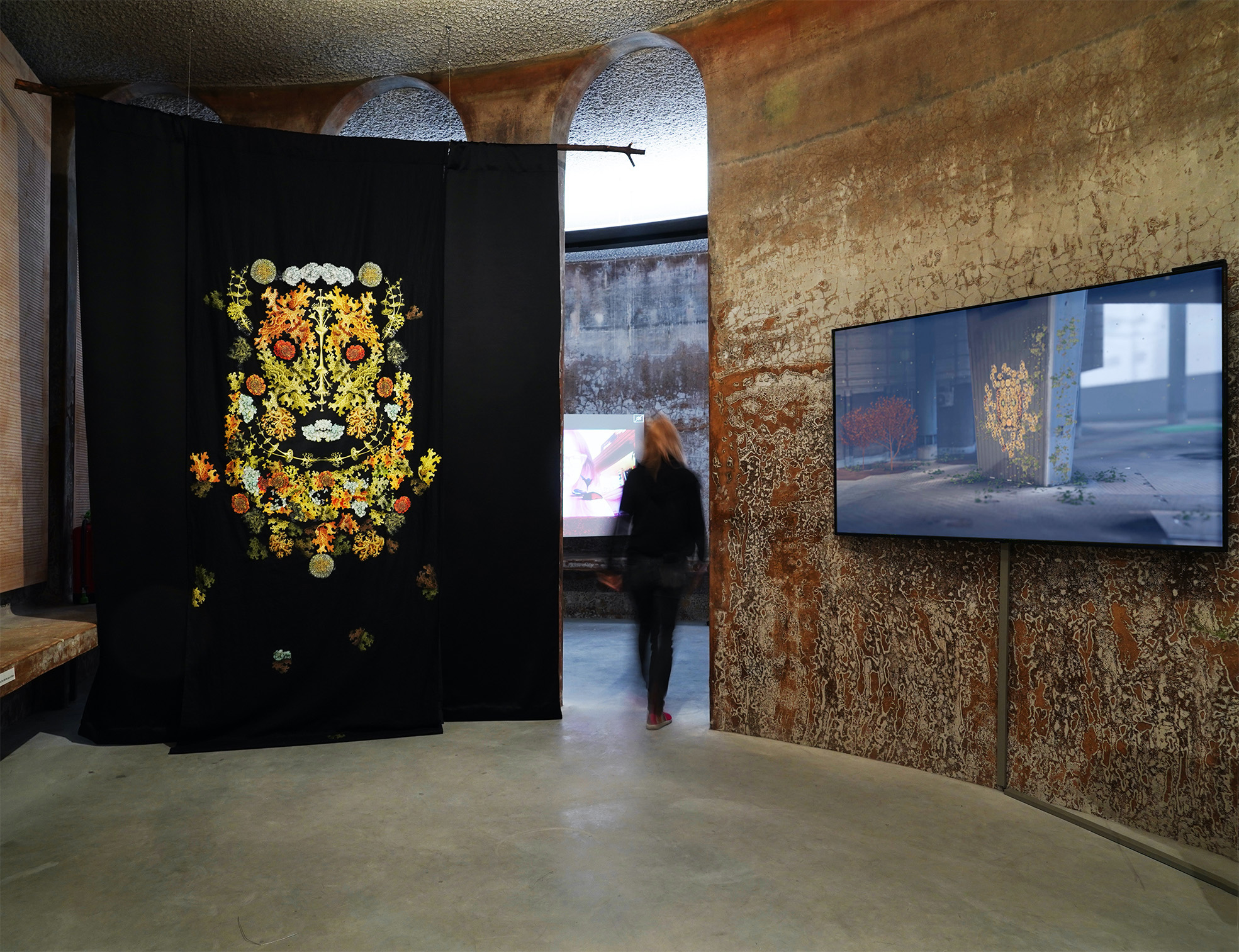This project seeks to speculatively invert the near-future of AI robots as labour displacers, to ask what alternative, speculated care-based relationship could AI-enabled robots have within the plant and humans in the greenhouse environment?
How could AI robots be sensorial beings, listeners and carers, connectors across species? And in particular, within the artificial greenhouse ecosystem, what could a shared wider-than-human umwelt of the greenhouse; human, plant, insect and microbe look like with AI robot as interspecies network nurturers? As post-human philosopher Rosi Braidotti says; of “we-are-(all)-in-this-together-but-we-are-not-one-and-the-same” scale of worlding.
In speculating on alternative futures with plants, people and AI robots, Penelope Cain will spend time in industrial greenhouses: with emergent in-situ technology and with the (often marginalised) workers, with sensory datastreams from growing plants, and with external experts such as soil scientists, microbiologists, technologists and AI ethicists.
There is a saying; We walk towards what we look at. This art-led project considers predictive questions of human displacement, disconnection and invisibility; the post-human question of how to co-exist safely /well with robots and AI; to speculate on alternative shared futures based on care.
The greenhouses of the Netherlands are a uniquely artificial site, growing plants that have been genetically selected and raised across hundreds of generations to be nurtured in a monocultured ecological isolation, reliant on an external inputs, or care, for water, food and even light sources.
I am interested in the greenhouse as a site of disruption- one that centres concerns of displacement, disconnection and visibility; of migrant and low value workers and of food producing plants; while also a site of groundbreaking emergent technological advances for cheaper food. A site of the technological present-future, while potentially rupturing a 10 000 year shared history of humans tending plant cultivation.
I’m interested in the current social issues and the post-human ethics within these high production greenhouse, and of how art can play a role in speculatively future-casting; of how we could possibly seek to co-exist safely /well with robots and AI. Particularly, of asking what alternative, speculated care-based relationship could AI enabled robots have with the plants and humans within the greenhouse environment? As post-human philosopher Rosi Braidotti says; “we-are-(all)-in-this-together-but-we-are-not-one-and-the-same” worlding.
Penelope Cain
Jury Statement
Penelope Cain’s Radical Care And The Greenhouse deeply aligns with Waag’s values, focusing on the integration of care, technology, and environmental stewardship. Her work, emphasizing ecology, industry, and the potential for collaborative relationships between AI, robots, and humans, proposes a future where technology enhances mutual care and ecological balance. Cain’s approach to blending field-based, sensorial work with posthuman and ecocritical theories offers innovative perspectives on creating a more inclusive and empathetic society.
Waag Futurelab
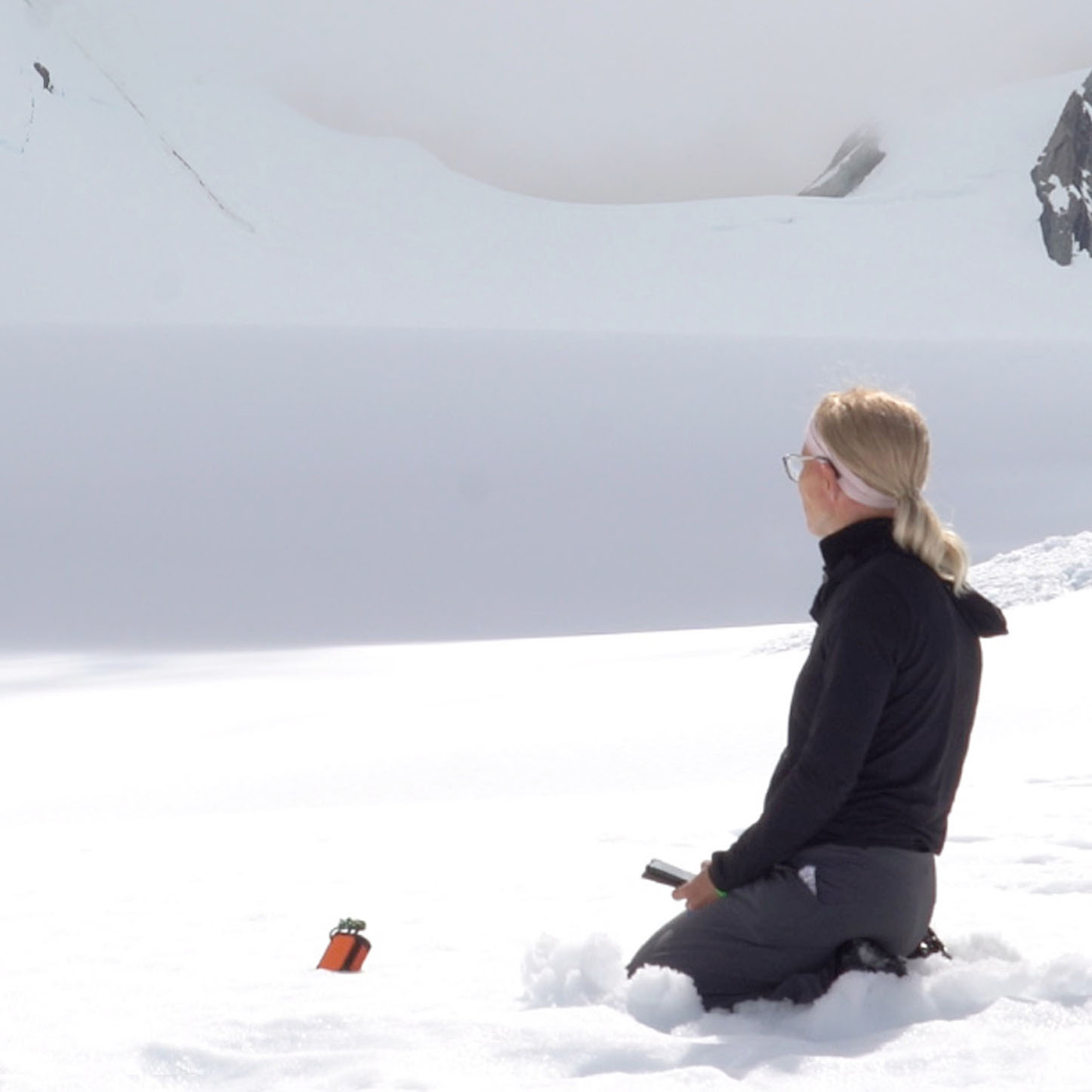
Penelope Cain(NL)
Penelope Cain’s practice centres around land, plant and water storytellings from the Anthropocene and Post-Carbon; these occupied, colonised, extracted and transformed lands.
With a biological science background Penelope Cain’s art practice is located between scientific knowledge and unearthing connective untold narratives in the world. She works across media and knowledge streams, with scientists, datasets, people and residues in storytellings, future-fables and emergent speculative mythologies, from more-than-human entry points.
She has been awarded an EU S+T+ARTS research residency with exhibition at Maxxi, Rome, JRC Sci-Art NaturArchy residency, and most recently exhibited at Radius, Delft and SACO Biennale, Chile.
